New Scientist covers the latest developments in science and technology that will impact your world. New Scientist employs and commissions the best writers in their fields from all over the world. Our editorial team provide cutting-edge news, award-winning features and reports, written in concise and clear language that puts discoveries and advances in the context of everyday life today and in the future.
Elsewhere on New Scientist
A healthy dose of AI • Deployed in the right way, artificial intelligence in medicine can save lives
New Scientist
Celestial peek-a-boo
AI boost to cancer detection • Radiologists who chose to use AI assistance were better at identifying breast cancer in a large, real-world test, finds Chris Stokel-Walker
Can AI listen to patients?
Scorpion ‘spits’ venom to defend itself from predators
Permafrost thaw beneath Arctic lakes poses threat
Why US obesity rates have fallen for the first time in decades • After years of rising, the obesity rate dipped slightly in the US during 2023, though experts disagree about the exact cause, finds Grace Wade
Dinosaur highway • Giant footprint site showcases dinosaurs that wandered the UK
AI helps avatars behave more like us
Google’s uncertain quantum future • The tech giant is racing ahead in building error-correcting quantum computers, but it may ultimately fall behind, finds Karmela Padavic-Callaghan
Pluto may have captured its moon Charon with a brief kiss
AI helps work out what someone is trying to say
Delicate robot hands know just how hard to squeeze
Global treaty is failing to curb ultra-potent greenhouse gas
Atoms bent in ‘impossible’ test • Diffracting hydrogen and helium atoms with a crystal was thought too difficult – until now
People ate lots of foxes and wildcats 10,000 years ago
Error found in decades-old proof • Researchers working to make maths machine-readable discovered a nasty surprise
Say goodbye to deep snow across the US if world warms
Blinking could give your brain a microbreak
Climate change may have killed ancient ‘hobbit’
Dolphins may use their teeth to hear underwater
Crystal-based cooling could make fridges sustainable
Ozempic has heart health benefits • Treatments containing semaglutide may aid the heart even without any weight loss
Ancient dress had a striking pattern for its time
Children are more than the future • We need to stop ignoring the views of young people on artificial intelligence. They are already at the sharp end of its development, says Mhairi Aitken
This changes everything • Back to the future Sticks found in a cave that date back 12,000 years show people of that time already had a conception of history and the future, says Annalee Newitz
Marble marvel
Your letters
The man who loved animals • In the centenary of naturalist Gerald Durrell’s birth, a new memoir adds rich new layers to what we know about the man, finds Chris Simms
Chocolate’s dark heart • Could reviving wild cocoa produce great chocolate ethically? Jason Arunn Murugesu explores a nerve-racking tale
New Scientist recommends
Learning to read the runes • Here’s my prediction: you will love a new exhibition on archaic ways of telling the future. The show may be tiny, but it packs a big punch, says Simon Ings
Bursting the bubble • A radical new insight into the nature of quantum reality suggests that multiple parallel universes might not exist after all. Michael Brooks investigates
Cold comfort • Some penguins are proving to be surprisingly adaptable, but it may not be enough to save them from climate change, says Colin Barras
“Music gives your body and brain a...
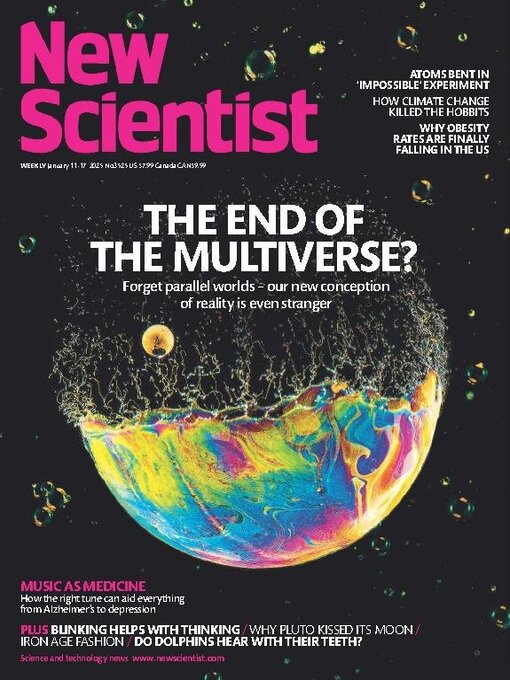
 Aug 02 2025
Aug 02 2025
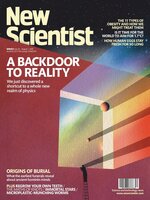 Jul 26 2025
Jul 26 2025
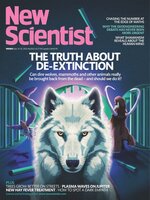 Jul 19 2025
Jul 19 2025
 Jul 12 2025
Jul 12 2025
 Jul 05 2025
Jul 05 2025
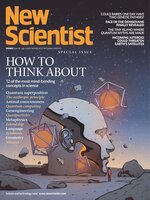 Jun 28 2025
Jun 28 2025
 Jun 21 2025
Jun 21 2025
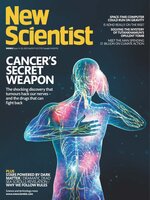 Jun 14 2025
Jun 14 2025
 Jun 07 2025
Jun 07 2025
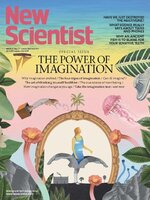 May 31 2025
May 31 2025
 May 24 2025
May 24 2025
 May 17 2025
May 17 2025
 May 10 2025
May 10 2025
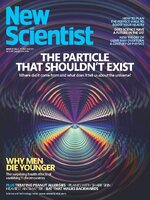 May 03 2025
May 03 2025
 Apr 26 2025
Apr 26 2025
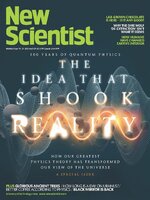 Apr 19 2025
Apr 19 2025
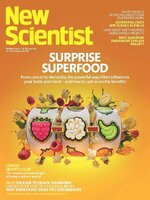 Apr 12 2025
Apr 12 2025
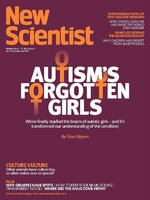 Apr 05 2025
Apr 05 2025
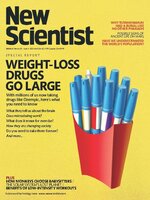 Mar 29 2025
Mar 29 2025
 Mar 22 2025
Mar 22 2025
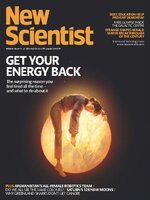 Mar 15 2025
Mar 15 2025
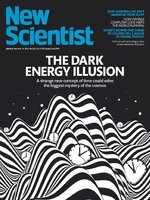 Mar 08 2025
Mar 08 2025
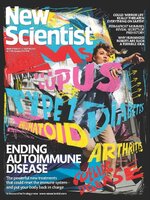 Mar 01 2025
Mar 01 2025
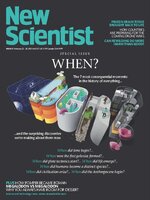 Feb 22 2025
Feb 22 2025